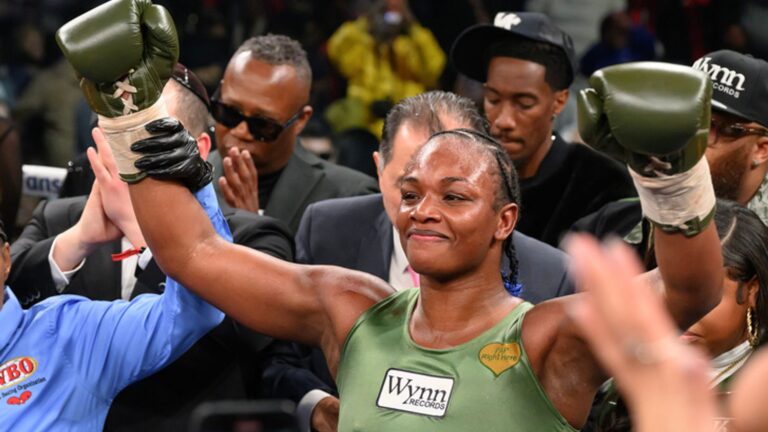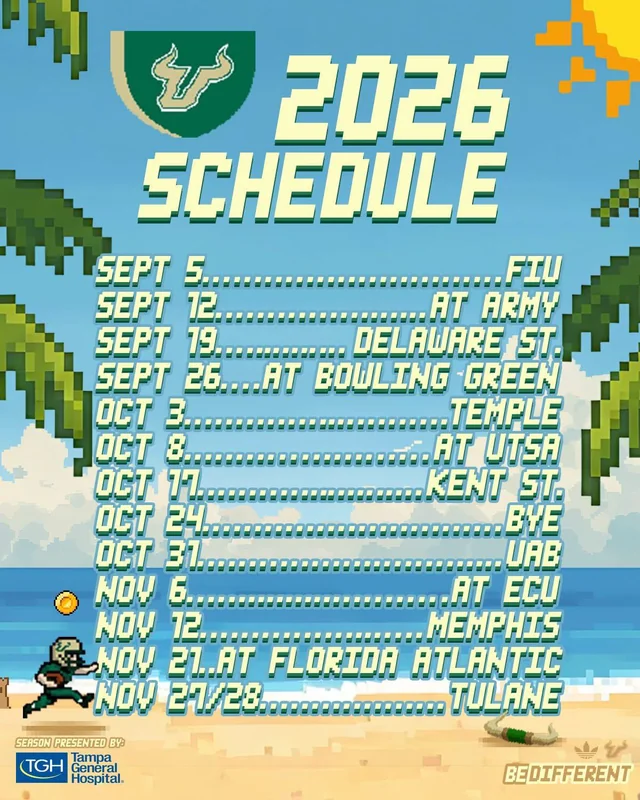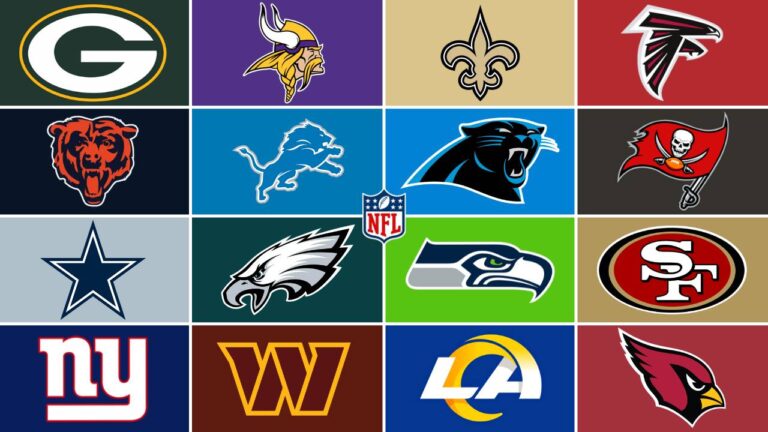
Performing as an athlete puts a major strain on your physical and mental health. You are pushing your body to its limits while playing your sport, and are sure to go far beyond your usual performance levels when under the bright lights.
However, intense exercise requires proper recovery. Without an informed recovery plan, you’re sure to feel sore all week long after a game and may struggle to keep up with practice. This can increase your risk of injury and will undermine your athletic potential in the long term.
Fortunately, you can overcome muscle soreness and improve your ability to recover properly by embracing active recovery. Active recovery, which involves gentle movement, gets your body moving again and will help you bring your best self to the next practice or performance.
Hydrotherapy
Ice baths have become extremely popular in the sporting landscape in recent years. Almost every major athlete and media personality, from Lebron James to Kevin Hart, seems to be jumping into cold pools to reduce inflammation and improve recovery. However, the science of cold baths seems to suggest that they may not be as effective as we once thought. In fact, ice baths may reduce your ability to recover and undermine the gains you make while on the practice field.
Rather than chilling off after a game, consider using a hot tub instead. The benefits of using a hot tub before and after exercise include:
- Improved focus
- Stress relief
- Reduces swelling and inflammation
- Increased circulation
These benefits are tough to overlook if you’re a serious athlete. Soaking in warm water can be the perfect form of active recovery for you if you are suffering from a build-up of lactic acid or are nursing a bruise after a big game. A little hydrotherapy can help you remobilize and work out any minor strains or sprains you may have picked up, too.
Mobility and General Health
Your body is sure to stiffen up after a tough competition. This is entirely normal, as the stress and strain of a match will push you beyond your normal limits. However, if you do not properly mobilize your body after a game, you may find that you lose some of your end-range strength and flexibility. Rather than kicking back on the couch, consider using recovery tips like:
- Leisurely walks
- Light stretching
- Attend an easy-going yoga class
This will get your body moving again and may improve recovery. Light, low-intensity exercise can improve your cardiovascular health and reduce your risk of a heart attack. Even if you’re not an older athlete, you’re still at risk of cardiac arrest, even when active and relatively healthy. This could be due to a range of causes, including:
- Hypertrophic cardiomyopathy
- Blunt-force trauma to the chest
- Congenital heart defects
Taking care of your cardiovascular health is particularly important if you play a contact sport like football where you’re more likely to experience impact to the chest area. While there’s little you can do if you do have an undiagnosed heart defect, you can use your time on the sideline to learn proper CPR training.
CPR can help you respond properly should one of your teammates fall ill and will ensure you know how to use an automated external defibrillator properly. Improving your cardiovascular system is a great way to reduce your risk of cardiac arrest in later life and will ensure you’re in top shape when you return to the field of play.
Injury and Illness Prevention
Active recovery isn’t just an effective way to overcome stiffness and soreness. It can make you more resilient to future injuries, too. This is echoed by data collected in the British Journal of Sports Medicine, which found:
- A 10% increase in strength training volume reduces the risk of injury
- Generalized strength training programs reduce injury risk by 66%
- There are no observable adverse effects of strength training
- Training high-risk areas (like hamstrings) reduces injury rate
The benefits of regular strength training are too clear to ignore. A good strength program can improve performance, too, as you’ll be more explosive, agile, balanced, and powerful thanks to the regime. However, before you hit the gym, you’ll need to speak to an athletic trainer who can recommend relevant exercises for you. This reduces the risk of an injury while training and ensures that you are able to heal from injuries thanks to your sessions rather than aggravating existing issues.
Diet and Nutrition
Eating enough of the right foods plays a pivotal role in active recovery. However, many athletes and athletic trainers overlook the role of diet in recovery. This is a major misstep, as it’s much harder to recover properly when you are in a caloric deficit or are failing to hit your macronutrient targets.
Rather than skipping meals when you’re hungry, follow guidance from the National Association of Sport Medicine, which includes:
- Eating enough food to meet your energy needs
- Focus on getting enough carbohydrates for energy, protein for proper recovery, and fats to reduce inflammation
- Time your meals to correspond with upcoming activities and events
Achieving these nutrition protocols makes it easier to practice and work out shortly after an athletic event, too. This is key if you typically struggle to feel fresh the day after a big game or competition. By taking care of your nutritional needs and getting enough water, you improve your ability to engage with active recovery protocols and put yourself in a better position to succeed as an athlete.
Conclusion
Active recovery is crucial if you’re a serious athlete looking to maximize your performance. Deep stretching, gentle yoga, and easy walks can improve your overall health and help you return to play feeling stronger and fitter than before. This is particularly important if you’re carrying a small injury, as active recovery can help you remobilize after taking a knock.
Author Profile
Latest entries
 GolfDecember 13, 2024Game On: How to Optimize Your Performance on the Golf Course
GolfDecember 13, 2024Game On: How to Optimize Your Performance on the Golf Course BusinessNovember 23, 2024How To Get Your Personal Trainer Business Off The Ground
BusinessNovember 23, 2024How To Get Your Personal Trainer Business Off The Ground FitnessOctober 25, 2024The Athlete’s Diet: How Nutrition Fuels Peak Performance
FitnessOctober 25, 2024The Athlete’s Diet: How Nutrition Fuels Peak Performance EducationOctober 1, 2024The Role of Leadership in Team Building: How Coaches Inspire Collective Greatness
EducationOctober 1, 2024The Role of Leadership in Team Building: How Coaches Inspire Collective Greatness







